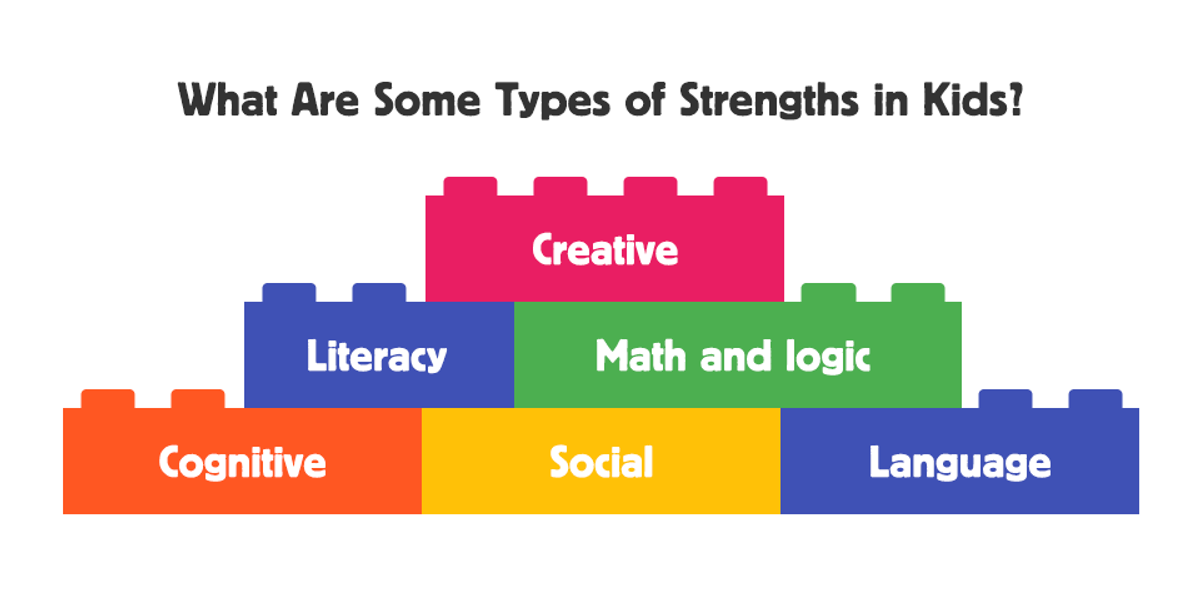Deputy Principal's Report

What a super return to school!
Welcome back to all our families! It's been wonderful to see all those bright and happy faces filling our classrooms once again. Our students have returned with a sense of calm, ready to dive into what Term 2 has in store.
Next week, our seniors will be participating in the cross-country event. This can be an emotionally charged time for our kids and signs of anxiety may surface. It's important to support and encourage participation at a level they feel comfortable with. Remember, we're here to assist, so please reach out if you need any support navigating this.
Transitioning back into the school routine after a break can sometimes feel like a mountain to climb, for both students and parents alike. As parents, it is usually easy to tell when our kids are depleted. They may come home emotional, they battle on every request no matter how minor it may be, they are overly excited or hyperactive, they may just go silent and withdraw. If you can relate to any of this, you are not alone. Change is difficult and it is important to remember that these behaviours are completely normal. If they persist then we may need to put a plan in place to support. If it usually just pops up around change, then there really isn't too much to worry about. Here are some survival tips on how you can reduce the load:
- Take some things off their plate as they transition.
- Be a bit more patient with one another.
- Speak to the classroom teacher to see what they might be able to negotiate with homework that week.
- Skip an afterschool activitiy like basketball training or swimming for that week
- Connect - go for a walk together, cook together, read a book together
- Be curious and validate how they are feeling
- Make sure they are eating regularly
- Monitor the quality and length of sleep
Building on Strengths
Sometimes we can get bogged down on looking at what is not working, our mistakes or what we are not good at. While challenge is part of the learning journey and we learn through making mistakes, we also want our students to experience success and understand what their strengths are. Working within our strengths regularly builds our confidence and then we are able to take on the challenges better.
Initiate a conversation with your kids about what they think they are good at. I wonder if that is different to what you think? If they're unsure, explore what activities they enjoy and go from there. Sometimes our strengths might not be academic or sport realted. They might be more on the creative side. Your child might have a high interest area where they have a lot of knowledge about like dinosaurs or cars. Try to keep the conversations focused on positive talk, looking for opportunities for learning or celebrating what is working. You can find some tried and tested activities through the Big Life Journal Website here.
Thanks for all your support,
Peggy McDonald & Steele Anderson
Deputy Principals


